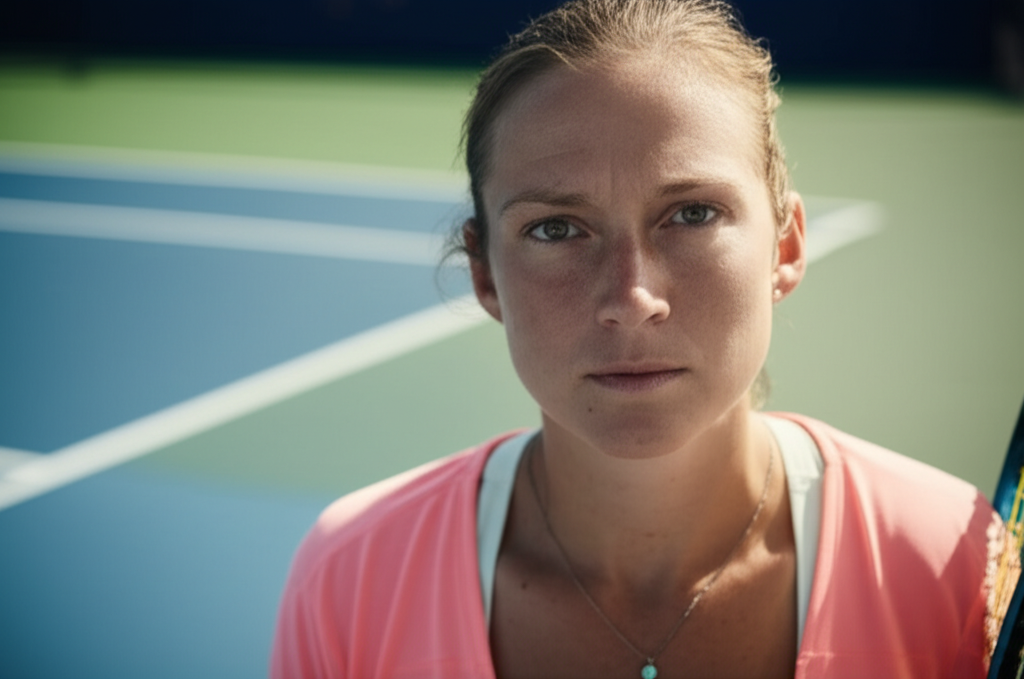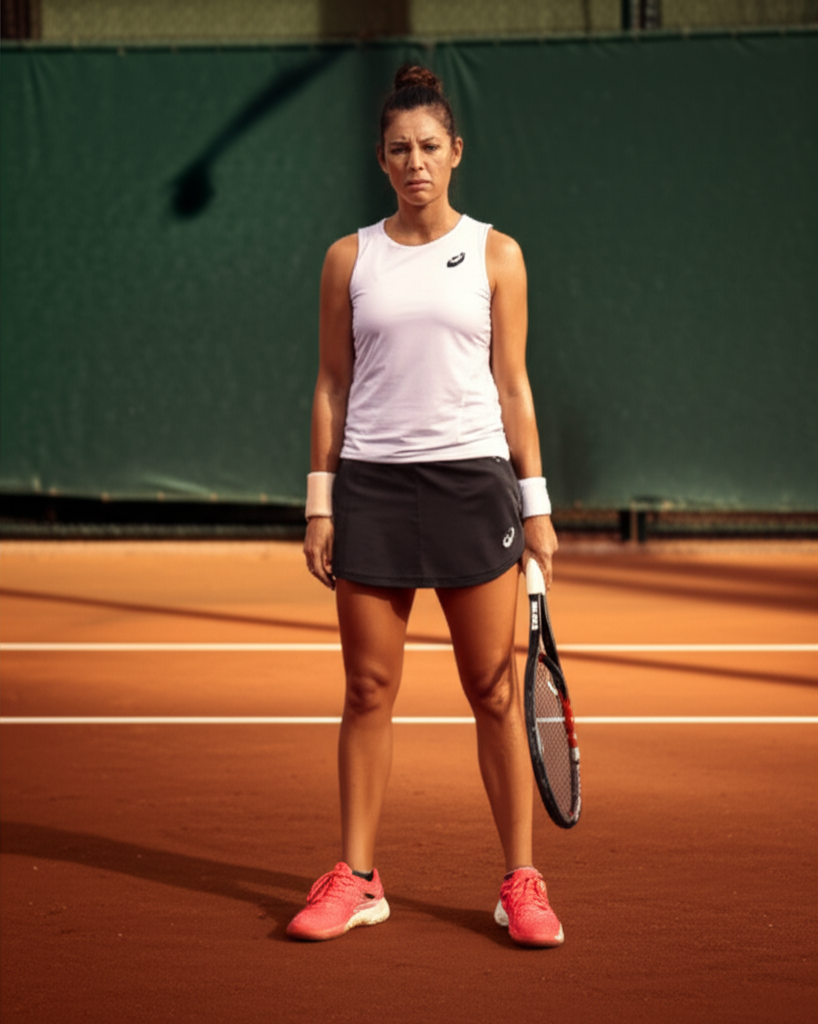British tennis player Tara Moore has been handed a four-year ban from the sport by the Court of Arbitration for Sport (CAS), effective from July 15, 2025, after the International Tennis Integrity Agency (ITIA) successfully appealed a previous ruling that had cleared her. The decision has prompted Moore to vehemently criticize the anti-doping framework, labeling the system as “broken” and deeply flawed.
Moore, a former British No. 1 ranked doubles player, originally tested positive for the anabolic steroids nandrolone and boldenone in April 2022 during a tournament in Colombia, leading to a provisional suspension in June 2022. An independent tribunal had cleared her in December 2023, accepting her explanation that the positive test resulted from consuming contaminated meat. However, the ITIA appealed this “No Fault or Negligence” ruling, specifically regarding nandrolone, leading to the CAS overturning the initial decision.

The Long Road to Disqualification
Tara Moore’s doping case has been a protracted battle spanning over three years, highlighting the complexities and stresses within the anti-doping framework. Following her initial provisional suspension in June 2022, Moore endured 19 months out of the sport. An independent tribunal found in her favor in December 2023, agreeing with her defense that the banned substances entered her system via contaminated meat consumed while competing in Colombia. This ruling allowed her to resume playing, but her reprieve was short-lived.
The ITIA, however, opted to appeal the tribunal’s decision to CAS, particularly challenging the “no fault or negligence” finding concerning the nandrolone. ITIA Chief Executive Officer Karen Moorhouse stated that their bar for appealing a first instance decision is high and not taken lightly, citing independent scientific advice that Moore did not adequately explain the high level of nandrolone in her sample.

CAS Upholds ITIA Appeal
The Court of Arbitration for Sport, after reviewing scientific and legal evidence, concluded that Moore “did not succeed in proving that the concentration of nandrolone in her sample was consistent with the ingestion of contaminated meat” and “failed to establish that the ADRV (Anti-Doping Rule Violation) was not intentional.” This ruling set aside the independent tribunal’s decision and reinstated a four-year period of ineligibility. Moore will receive credit for the 19 months she already served under provisional suspension, meaning she will not be eligible to compete again until 2028.

Moore’s Strong Rebuke of the Anti-Doping System
In the wake of the CAS ruling, Tara Moore took to social media to express her profound disappointment and outrage, launching a scathing critique of the current anti-doping system. She highlighted the immense burden placed on athletes to prove their innocence, especially when facing well-resourced agencies.
Moore stated, “To be innocent and to have to prove this is an incredibly exhausting process. First, you are trying to figure out what all these things are. Second, you are trying to figure out how and why these things enter your system. If you are innocent, you don’t know it immediately.” She further elaborated on the struggle: “You have to remember everything you have done and eliminate what could not be, until you definitively come up with that ‘something’ that might have the answer. But even at that moment, you are supposedly guilty and have to fight for your life against someone who has much more money and resources than you.”
Her most direct criticism came as she declared, “The antidoping system is broken; I am the best proof of that. We have to fix it. Not for me, because it is already too late, but for future players who may find themselves in this unfortunate situation. I will have much more to say when the time comes.” Moore’s case has already been cited as a reason for the Professional Tennis Players Association (PTPA) to establish their Athlete Counsel & Equity (ACE) Program in 2025, offering pro-bono legal support to members in anti-doping cases.

Broader Implications for Tennis Anti-Doping
Moore’s case adds to a growing chorus of voices within tennis calling for reforms in anti-doping protocols. Her experience underscores the contentious nature of proving “no fault or negligence” in cases of alleged contamination, particularly with substances like nandrolone which can be found in certain meats. The ITIA maintains that its independent scientific advice guided its appeal, ensuring consistency with their position on high-level findings.
As Moore faces a lengthy period away from professional tennis, her public statements are likely to fuel further debate on the fairness, transparency, and resource balance within the sport’s anti-doping mechanisms.








No Comment! Be the first one.